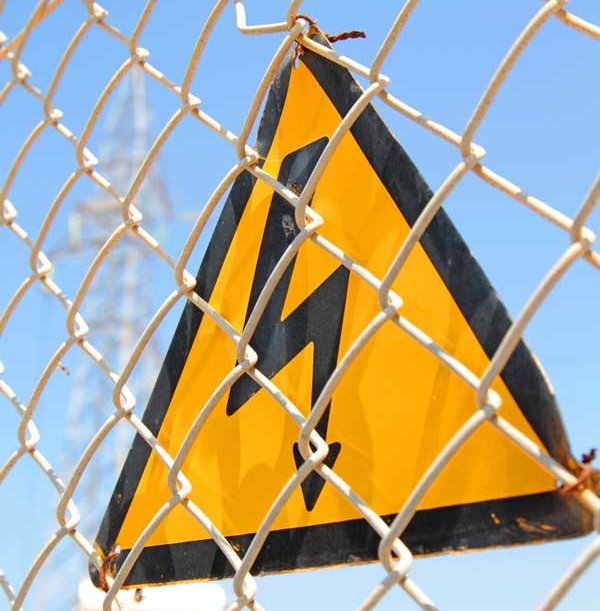To ensure that your electrical products do not cause injuries due to electric shock, it is essential to perform electrical safety testings.
In addition to protection against electric shock, also other hazards are considered during these tests, such as fire, burns, sharp edges, rotating parts, kinetic energy or leaking liquids.
EMCC's accredited testing laboratories can help you to perform all relevant electrical safety testings to ensure the safety of your product.
The two main standards for office and information technology equipment (EN/IEC 60950-1) and video/audio equipment (EN/IEC 60065) have now been replaced by the new hazard-based EN/IEC 62368-1. This does not affect equipment that has already been placed on the market. However, if devices are still produced after December 20, 2020, a new certification in accordance with EN/IEC 62368-1 is mandatory.
With a delta analysis of your already certified products we support you to place them according to the new EN/IEC 62368-1.
High-voltage testing is used to test the insulation strength of a material.
Tests up to 60 kV DC are accredited. Technically, test voltages up to 120 kV are possible.
Resistance measurement of real resistances. Resistance measurement is usually performed with DC voltage to exclude capacitive influences. Measurements up to 1GΩ are possible.
Particle/dust IP1X to IP6x: The extent to which an enclosure provides protection against foreign solids (from paper clips to dust particles) is tested.
Water IPX1 to IPX8 test: The extent to which an enclosure provides protection against water ingress (from a single drop of water to submersion) is tested.

Dielectric strength test verifies compliance with the required clearances and creepage distances, as well as the quality of insulating materials after conditioning with moisture or heat. Dielectric strength testing can be performed with AC (up to 5 kV), DC (up to 7 kV) or surge voltages (1.2/50 µs, 10/700 µs).
The touch current test checks whether touchable parts are under dangerous voltage or whether these touchable parts can become dangerously voltaged in case of a simple fault. Touch currents are measured via filters according to IEC 60990. These filters simulate impedances of the human body with the respective current path. Depending on the filter, the measured current can be assessed (e.g. checking the perception limit or release point).
In order for the fuse of the house installation to trip certainly in the event of a fault, the protective conductor must have a certain mechanical robustness and be intact. The robustness and contact resistances are tested by means of high test current (up to 32 A).
Enclosures that protect against dangerous voltage must have a certain mechanical robustness. Depending on the application or material, the following tests must be performed: